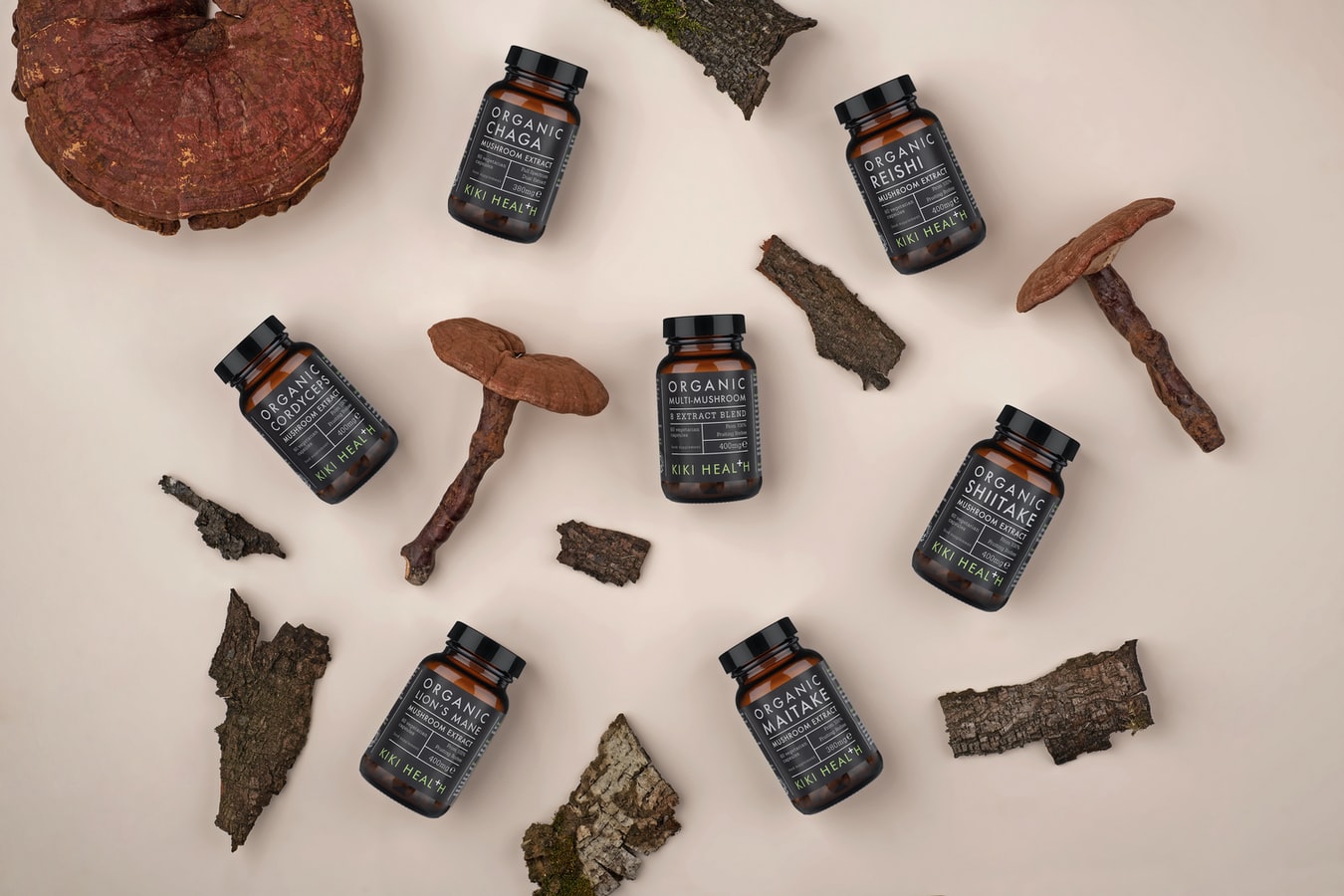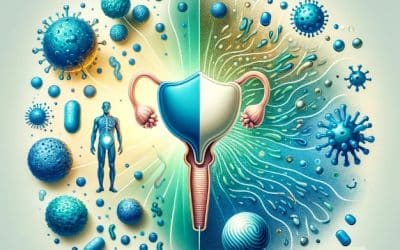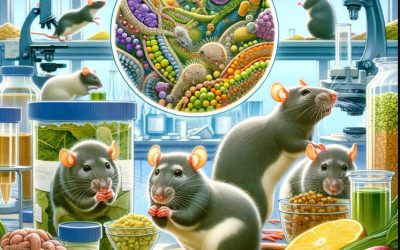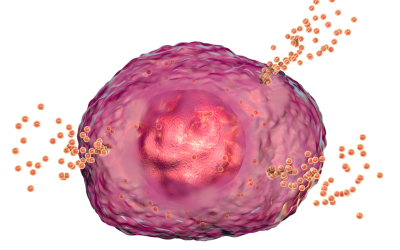I recently stumbled upon Maitake mushrooms as I have been searching for methods to increase my own immune system. For thousands of years mushrooms have been highly respected in Asia for their health promoting properties. Maitake (Grifola frondosa) is called the “King of Mushrooms” and it known for its immune enhancing compounds with significant anticancer effects. Modern research on maitake began in the early late 1970s in Japan under the direction of Dr. Hiroaki Nanba. He was researching the immune enhancing properties of mushrooms when he came to the conclusion that maitake extracts demonstrated more pronounced antitumor activity in animal tests than other mushroom extracts. In 1984, Dr. Nanba identified a fraction of maitake that possessed a significant ability to stimulate macrophages. Throughout the late 1980s and into the 1990s, Dr. Nanba and other Japanese researchers continued to study maitake, trying to improve upon the antitumor and immune potentiating activity of maitake. The result of their work was the development and patent of MaitakeGold.
How does Maitake work?
Maitake polysaccharides contain a unique beta-1,6 1,3 glucan structure. Beta-glucans are naturally occurring polysaccharides with distinctive beta 1,3 linked and beta 1,6 linked glucose polymers that are expressed by fungi, plants including cereals, grains, mushrooms, and some bacteria (Lin et al., 2010). “Beta-glucans are not expressed on mammalian cells and are recognized as pathogen-associated molecular patterns (PAMPS) by several types of pattern recognition receptors” (Lin et al., 2010). For leukocytes, the primary receptor for beta-glucan is the C-type receptor dectin-1, which can trigger phagocytosis, production of cytokines and chemokines, and activation of effector cell functions according to the cell type and specific properties of the beta-glucan compound.
Maitake exerts profound effects on immune function through mechanisms via the beta-glucan components. An extract of these helpful glucans was patented and is known as the maitake D-fraction, which has been shown to have anti-tumor activity while enhancing cytotoxic activity of macrophages and elevated production of IL-1. Unlike many other mushroom extracts that have to be injected intravenously, Maitake D-fraction has a strong ability to inhibit tumor growth when given orally as well (Superfoods, n.d.). Beta-glucans, like those in maitake, can also protect against myelotoxic injury (bone marrow suppression) following radiation and chemotherapy (Lin et al., 2010).
Maitake can increase the ability of the macrophages to engulf and destroy cancer cells, microbes, and other foreign cells, the binding stimulates the production of important signaling proteins of the immune system such as interleukin-1 interleukin-2, and lymphokines. These immune activators stimulate defenses by activating immune cells.
The beta-glucan components can bind to receptors on outer membranes of macrophages and other white blood cells such as natural killer (NK) cells and cytoxic T-cells, which can attack tumors directly. “Just like a key in a lock, the binding of the maitake components literally flips white blood cells on and triggers a chain reaction leading to increased immune activity”(Murray, 2014). Maitake also stimulates the production of white blood cells within the bone marrow. Reduced bone marrow production means lowered white cell counts and an increased risk of infection and cancer. This beneficial effect of the beta-glucan can be helpful for cancer patients undergoing radiation therapy or chemotherapy.
Researchers at Memorial Sloan-Kettering Cancer Center conducted a study in patients suffering from Myelodysplastic Syndrome (MDS) – a bone marrow disorder in which the bone marrow does not produce enough healthy blood cells. MDS patients received oral maitake extract at 3 mg per kg body weight twice daily for 12 weeks. Results indicated that maitake increased the function of neutrophil and monocyte white blood cells. The researchers also demonstrated that white blood cell response to E. coli bacteria is reduced in MDS patients but could be restored after 12 weeks of Maitake treatment. They also demonstrated that the ability of monocyte and neutrophils to destroy and digest infecting organisms. The proposed mechanism includes the ability of maitake treatment to stimulate the maturation of these immune cells in the bone marrow, leading to the release of more functionally competent cells.
Dosing of Maitake
Typically, the daily dosage range of maitake extract based upon body weight has been 0.5mg to 1.0 mg for every kg of body weight per day. That translates to a dosage of approximately 68mg per day for 150lb person. (This study used a dosage of 3 mg/kg to show an immediate clinical effect.) For best results take 20 minutes before meals or on an empty stomach.
Here are a few products that utilize Maitake. Glycolife is owned by my friend and FDN colleague whom I trust his quality very much.
Buy Maitake here, use coupon ICHealer for discount
https://www.glycolife.net/product-page/mega-maitake
References
Lin, H., de Stanchina, E., Zhou, X. K., Hong, F., Seidman, A., Fornier, M., . . . Cunningham-Rundles, S. (2010). Maitake beta-glucan promotes recovery of leukocytes and myeloid cell function in peripheral blood from paclitaxel hematotoxicity. Cancer Immunol Immunother, 59(6), 885-897. doi:10.1007/s00262-009-0815-3
Murray, M. (2014). Maitake Extract Produces Beneficial Effects on the Immune System in Patients with Bone Marrow Failure. Retrieved (2018, July 9) from http://doctormurray.com/maitake-extract-produces-beneficial-effects-on-the-immune-system-in-patients-with-bone-marrow-failure/
Superfoods. (n.d.) Maitake Benefits and Cancer Research. Retrieved (2018, July 9) from http://www.superfoods-scientific-research.com/superfoods/maitake-benefits.html








